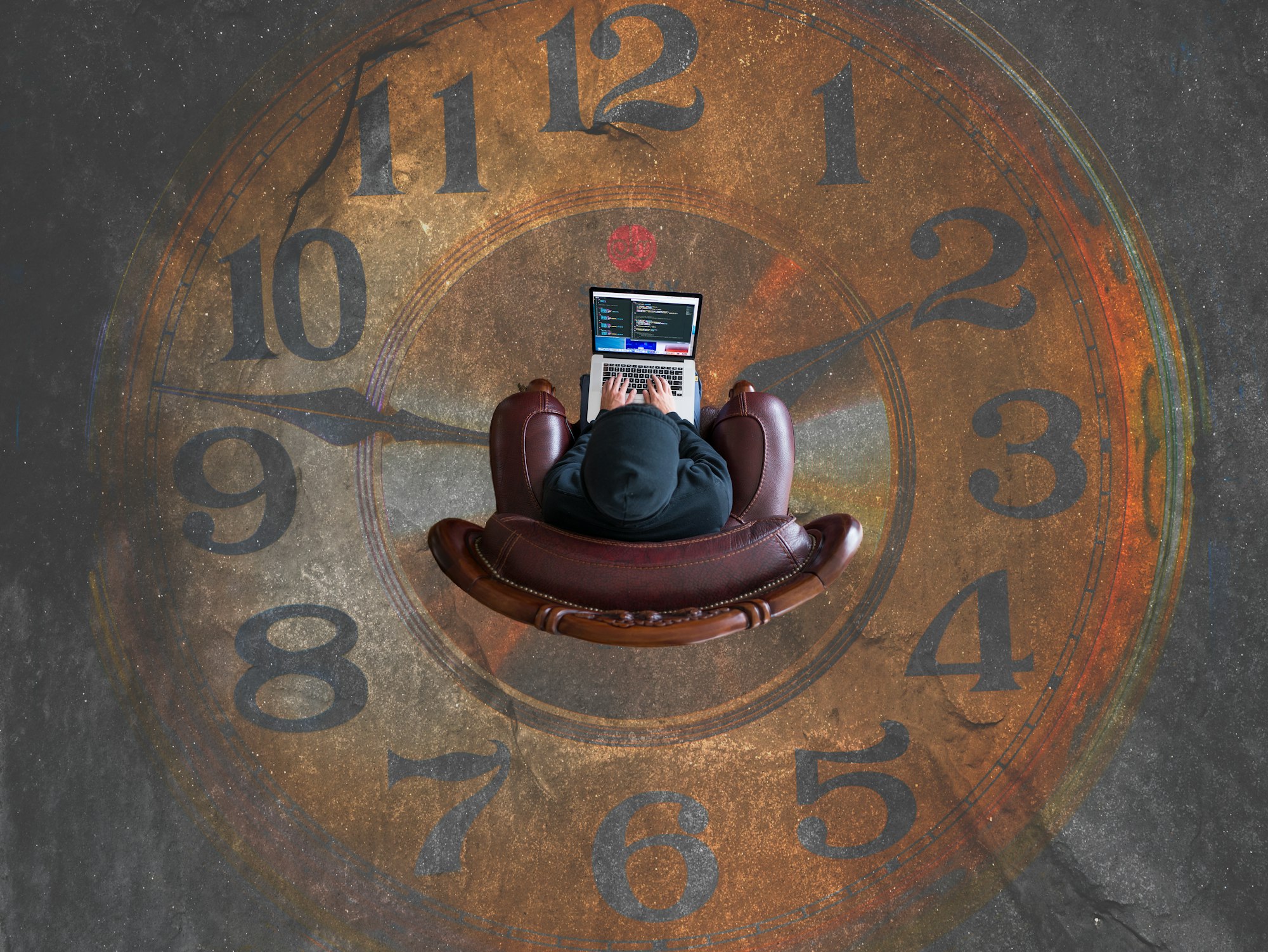Tacos, Time, and Task Management
The world demands far more of us than what we can possibly provide and it’s up to us to use our time in the best way possible. Far easier said than done, it requires diligent (and ruthless) prioritization of what matters.

Over the past few weeks I’ve been doing a lot of thinking about time. I’ve seen a lot of recent changes at work with new teams being formed, and a growing roadmap of things to do. Also, putting everything into perspective is seeing the rapid changes in my child as they grow up before my eyes. They’re now nearly walking and eating chicken tikka masala and tacos instead of formula. Bear with me… I promise this is going somewhere. :)
To me, these things together highlight the dynamic nature of life. Time moves around us and our worlds constantly evolve with it. Much of this reflection is probably due to having just read a really great book, Four Thousand Weeks: Time Management for Mortals. One of the key takeaways for me was that the world demands far more of us than what we can possibly provide and it’s up to us to use our time in the best way possible. Far easier said than done, it requires diligent (and ruthless) prioritization of what matters.
What matters to each of us is unique and likely requires some reflection. It possibly has different answers depending on the lens or context you are prioritizing within as well. If I have to decide between missing a milestone on a project or missing a development milestone of my child, I’m going to pick my child, but I can also apply the same rigorous prioritization to the endless stream of work at hand.
If you’ve been working for more than a few years, you’ve probably come to realize that no matter how much you do, there is always another thing to be done. This can be daunting, but it can also be liberating. Once realized, it shifts the goal from “do everything” to “do the important thing”. I’ve found this advice pertinent in recent roadmapping exercises that I've been participating in. Each of us in the planning process also has a mountain of other possible tasks to complete. How do we balance getting daily tasks done with the important task of completing a roadmap to guide our teams? I think the question is probably best answered by “we shouldn’t”.
If you’re still with me up to this point, you’re probably saying, “Ok, sure, but how do I know what the important tasks are?” Great question! There are a lot of ways to determine importance, but I’ll give you an example of the framework I have built for myself.
Several years ago, I was adopting an existing team into my org, trying to spin off a new team to focus on Marketing Infrastructure from our Sales Infrastructure team, and interim managing the latter while the previous manager went on leave. I was wholly overwhelmed. It wasn’t a big team, but it demanded a lot of outward communication and constant context shifting. You could say that at that point I hit rock bottom. Just then, a former colleague and friend sent me the book Essentialism: The Disciplined Pursuit of Less. In short, it promoted the concept: “do less better”.
As a result, I took a hard look at my calendar and emails in my inbox and started asking the following questions: Does this have a significant impact on others? If not, shut it down. Is it time sensitive? If not, then ignore it for now. If it’s critical, and time sensitive, then is it necessary that I, personally, do this task? Do I have some unique skill, experience, or context? If the answer is no, hand it off as quickly as possible. This means that there will be things that you want to do, but can’t do. As I said earlier, this is going to require ruthless prioritization to really get right.
Those questions still carry with them some sense of individual judgment, but that's unavoidable. It’s important to realize that humans are actually pretty good at making judgements with incomplete information. Each of us were hired in large part because of our judgment (and larger still the judgment of those on the panel!). Trust your judgment. When in doubt, reach out to your manager to help. Helping you with priorities is one of their responsibilities. They’ll also be the person to find someone else who may be better suited to pick up important things that you can’t, so the sooner you loop them in the better. Trusting your judgment is also a way to move quickly and maintain a bias for action rather than spending too much time on theoretically getting things perfect.
The end result of all of this is to deliver a higher impact at the end of the day by focusing on the most important things. All this, while keeping our sanity.

